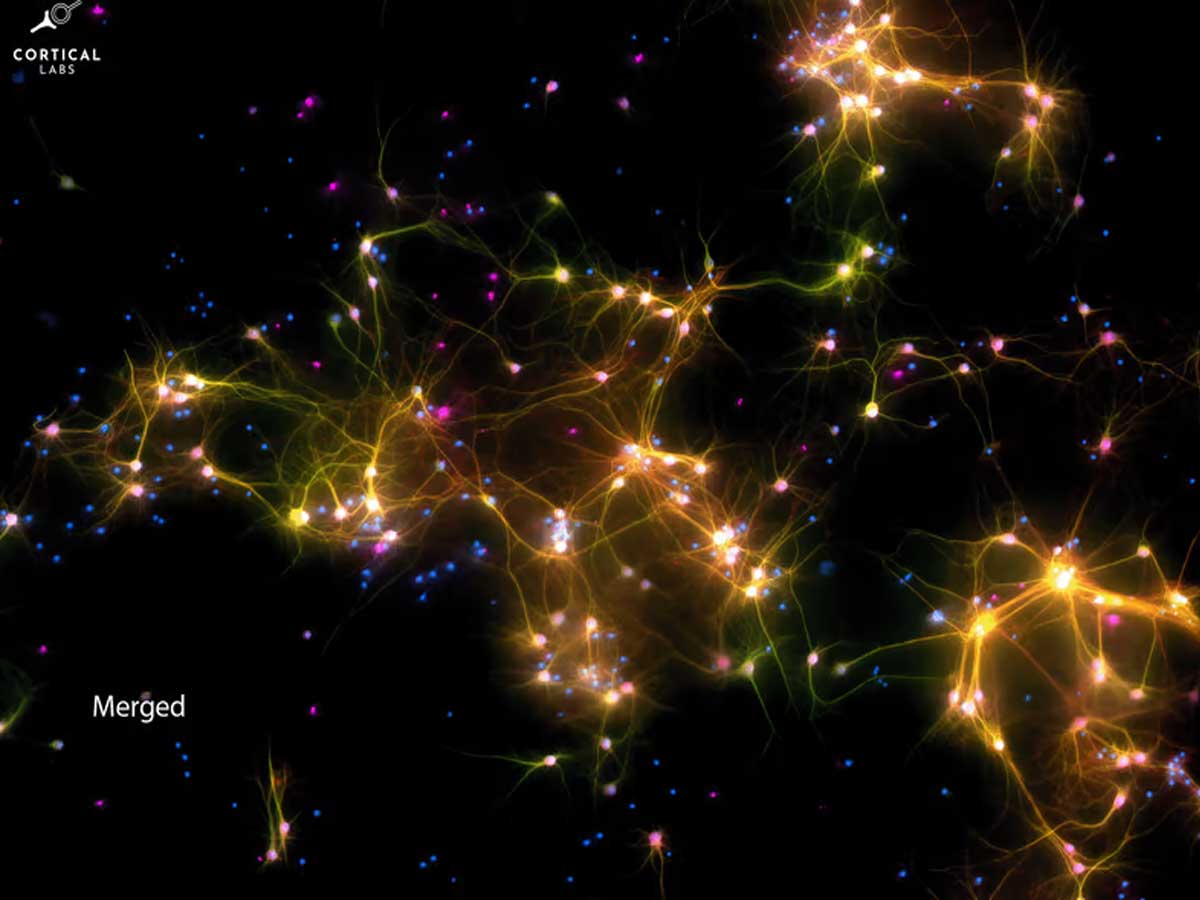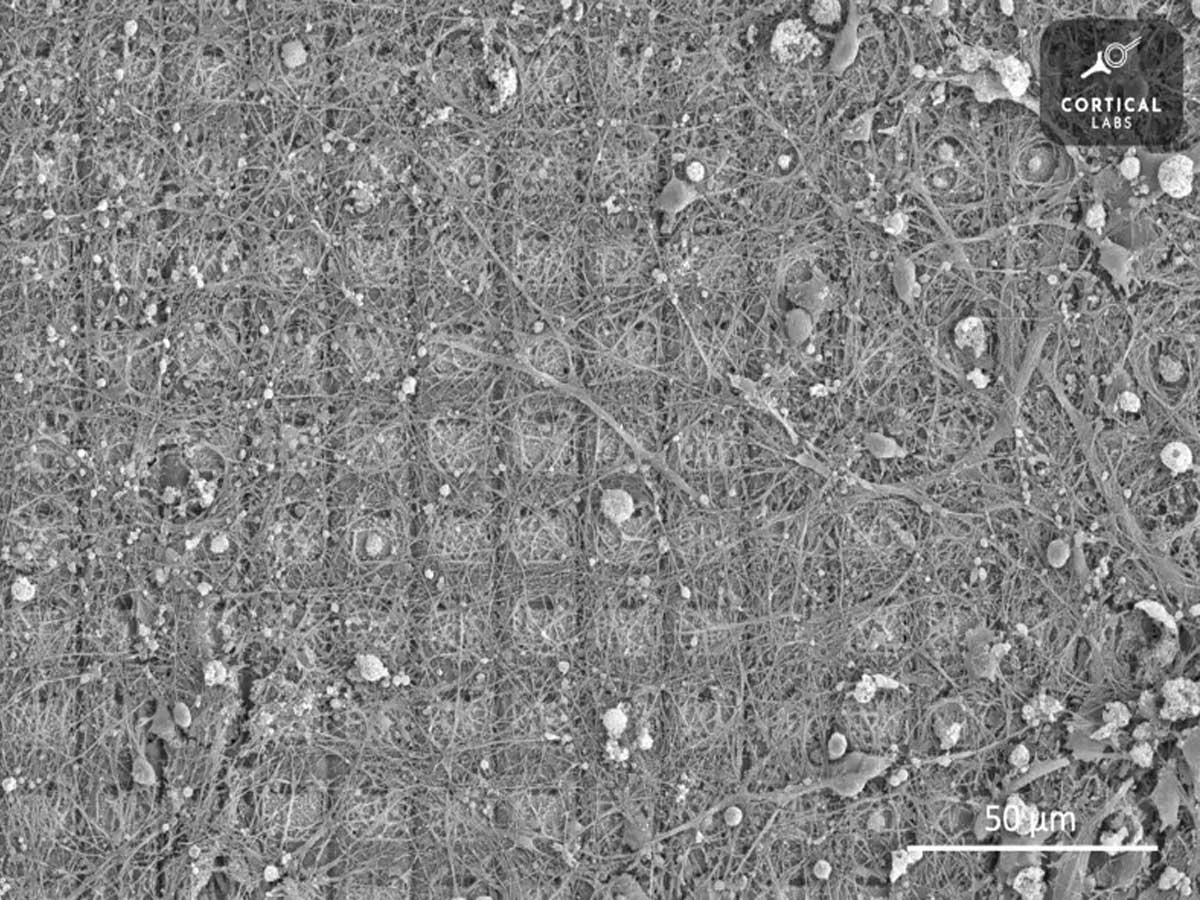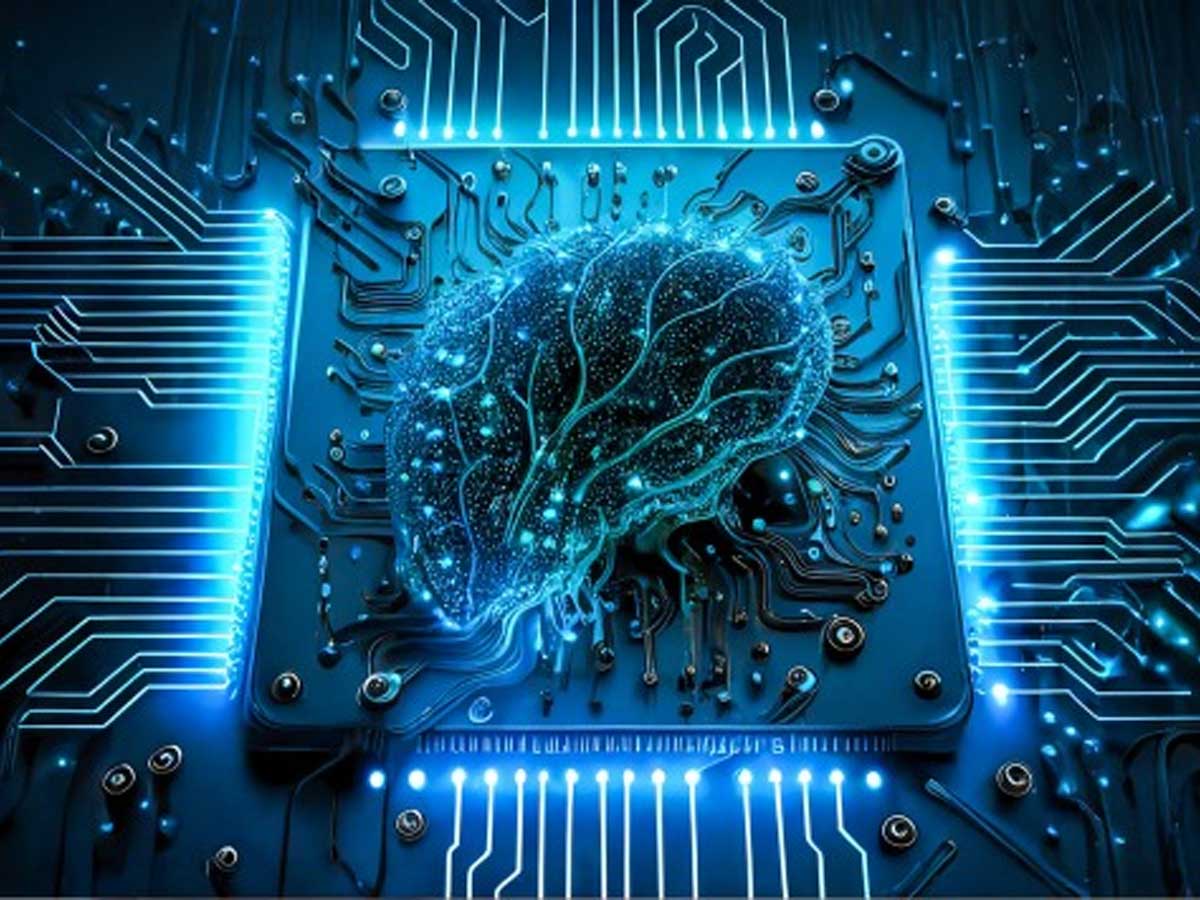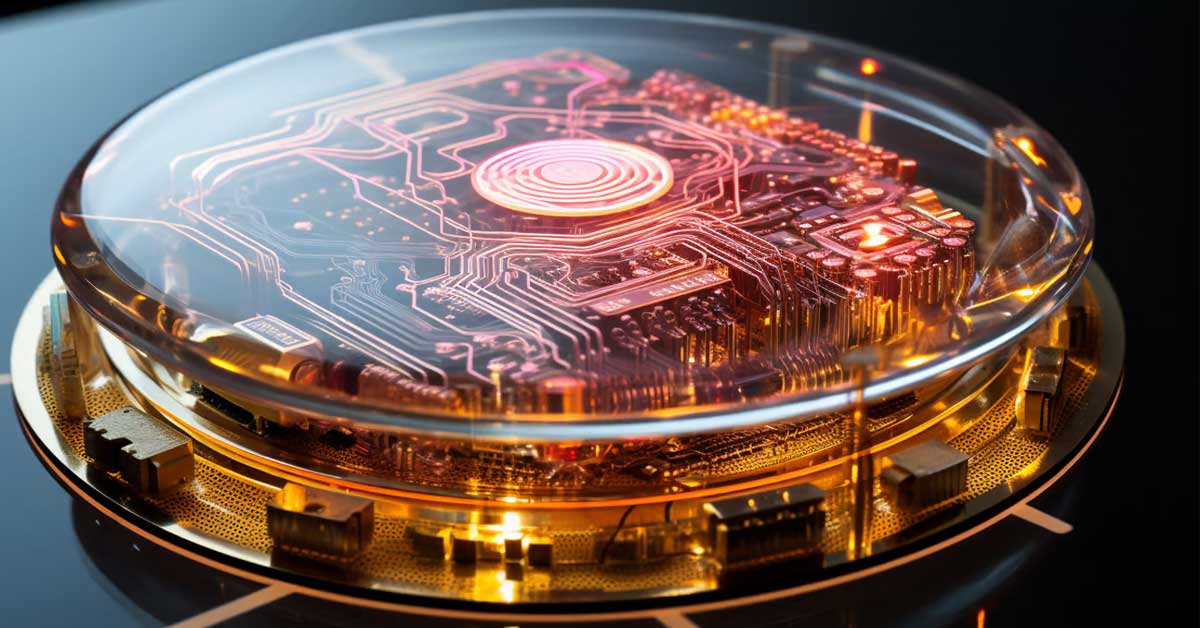In a groundbreaking endeavor, Monash University is spearheading research aimed at growing human brain cells on silicon chips with advanced continual learning capabilities.
The project has recently secured a prestigious grant of nearly AUD 600,000 from the National Intelligence and Security Discovery Research Grants, known as the NISDRG program.
Led by Associate Professor Adeel Razi, in collaboration with Cortical Labs, the team seeks to transform machine learning by integrating biological computing and artificial intelligence.
The focal point of this cutting-edge research is the "DishBrain," a semi-biological computer chip that houses approximately 800,000 human and mouse brain cells cultivated within its electrodes.

Remarkably, this chip demonstrated a form of sentience, mastering the classic computer game Pong within a mere five minutes. The micro-electrode array at the core of the DishBrain enables both the monitoring of brain cell activity and their stimulation through electrical signals. This setup allowed the brain cells to interact with and manipulate the game's paddle.
The research team implemented a clever reward system to train the brain cells in the DishBrain. Taking advantage of the brain's natural inclination to minimize unpredictability, the cells received a predictable stimulus when the paddle hit the ball.
However, missing the ball resulted in four seconds of entirely unpredictable stimulation. This approach helped the brain cells learn and adapt their actions based on the outcomes they experienced during the game.
The combination of artificial intelligence and synthetic biology in the DishBrain represents a significant advancement in programmable biological computing platforms. Associate Professor Razi envisions that this fusion of technologies may ultimately outperform conventional, silicon-based hardware.

The potential implications of this research extend across various fields, including planning, robotics, advanced automation, brain-machine interfaces, and drug discovery, positioning Australia with a substantial strategic advantage.
The driving force behind this research is the concept of "continual lifelong learning." Associate Professor Razi emphasizes the need for a new form of machine intelligence that can learn throughout its lifespan.
This capability enables machines to assimilate new skills without erasing previously acquired knowledge, adapt to changing circumstances, and apply past experiences to novel tasks. Such a feature optimizes the use of computing power, memory, and energy, a feat that current AI struggles to achieve due to "catastrophic forgetting."
In contrast to conventional AI, which faces challenges in perpetual learning, the human brain excels in continual lifelong learning. This inherent advantage serves as a guiding principle for the DishBrain project, drawing inspiration from the brain's innate ability to learn and adapt throughout a person's life.

The primary goal of the DishBrain project is to cultivate human brain cells within the laboratory dish system. Termed the DishBrain system, this innovative approach aims to uncover the underlying biological mechanisms governing lifelong continual learning.
The integration of human brain cells on silicon chips represents a significant leap towards unlocking the secrets of brain function and learning processes.
The recently awarded grant will play a pivotal role in the development of cutting-edge AI machines that mirror the learning capacity of biological neural networks.
Associate Professor Razi plans to enhance hardware and methodological capabilities to a level where these machines become a viable alternative to traditional silicon-based computing. The ultimate vision is to achieve a new era of AI that matches the exceptional learning capabilities of the human brain.
Sources: monash.edu












